Is there still a place for zoos?
30 September 2015
In the third instalment of a six-part series, Animals Asia Animal Welfare Director Dave Neale discusses whether there is still a place for zoos in the modern world.
Q: As awareness of animal welfare grows, there has been an increasing backlash against zoos. Do you think they still serve a purpose in this day and age? And can they ever be good for animals?
To answer the question as to whether or not zoos serve a purpose is very difficult. Every zoo is different. For instance, in many cases visiting a zoo in countries such as China and Vietnam can be a very negative educational experience, where the conditions in which the animals are being kept are unacceptable. I know that the majority of the visitors do not understand that those conditions cause animals to suffer, but all they learn from their visit is that it is acceptable to keep animals in such deplorable conditions.
Some of the more advanced zoos have more natural enclosures and encourage the demonstration of natural behaviours in their animals. Does this approach make it right? Fundamentally, for me, there can never be a good zoo. Unless a captive animal facility operates as a rescue centre for animals in need of a home and stops any breeding to ensure that they maintain available capacity for additional unwanted or abused animals, then it is not of benefit to the animals.
Most zoos, even those that are singled out as the better zoos, are breeding animals and in many cases transferring animals to other institutions. Often these institutions have lower welfare standards than their own.
Due to the number of animals being bred in zoos, many are euthanised as the zoo does not have the capacity to care for them and there is no demand for them from other zoos.
You will remember that there was public outcry at Copenhagen Zoo last year over the situation with Marius the giraffe. Deemed surplus to the requirements of the zoo and the captive breeding programme for his species, Marius was killed and a public autopsy carried out on his corpse. This demonstrates that zoos generally manage animals as part of a population rather than as individuals. While zoos continue to adopt this approach, the interests of individual animals will always be compromised and animals’ lives will continue to be needlessly lost.
From a moral perspective, the chance for Marius to continue his life has been taken away from him. Unfortunately zoos generally do not exist to meet the interests of individual animals. Captive wild animal managers are regularly making similar decisions on the future of animals across the world. This is a fundamental problem of the modern zoo and one in which we would like to see zoos change. They should consider each and every animal and their moral interests – as well as their welfare.
Some statistics appear to show that zoos have an educational value but, as we know, the results of statistics are easy to manipulate for our own benefit. We’ve just had the results of a survey published by Hong Kong Ocean Park saying that visitors leaving the park expressed increased empathy with dolphins. But that study was done as people were leaving the park, with no follow-up. For people to change their behaviour – which is what we’re after – you have to follow people one or even five years later. Did that visit to the ocean park actually have an influence on their behaviour? Did they join a dolphin protection group or a tiger or an elephant protection group? Did they do something to help save those animals in the wild? It’s difficult to say whether the data that comes from such point studies are actually worthwhile unless we follow them up and see behavioural change matching the initial responses.
As Animals Asia’s Animal Welfare Director, David Neale works to improve the plight of animals in zoos and safari parks and increase overall veterinary and welfare standards in countries in Asia. His prolific career has taken him all over the world, rescuing animals in Bolivia, working as an ecologist in England and promoting animal welfare education in schools and universities. Since joining Animals Asia in 2002, David has traveled extensively across the continent helping to rescue moon bears in Vietnam and carrying out zoo investigations in China.
BACK
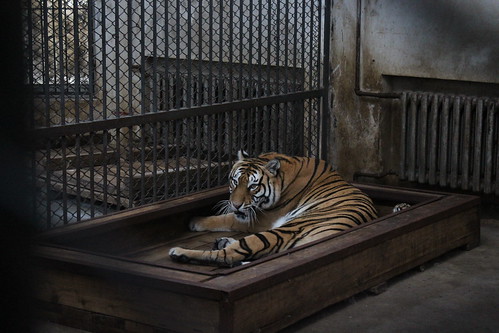
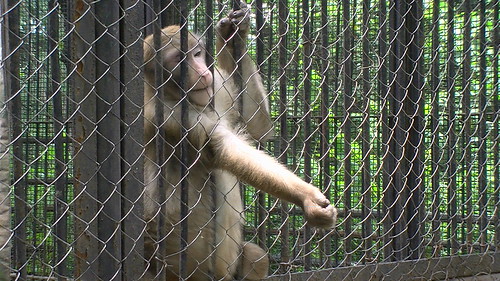
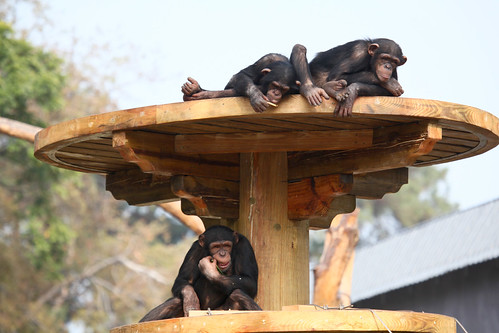
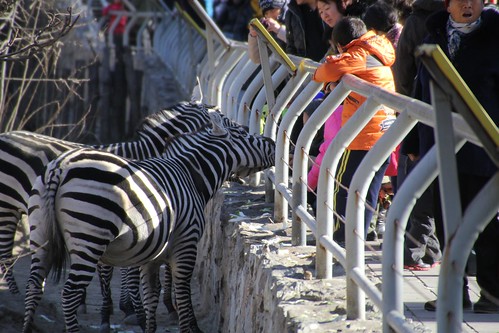
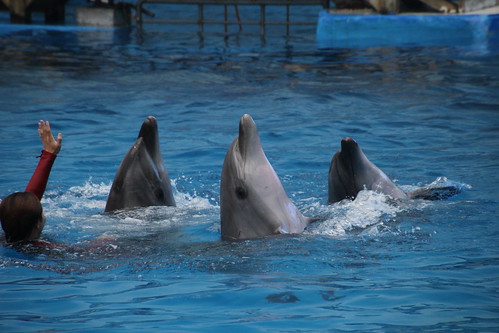




 Freedom after two decades: Moon bears Nang and Mua rescued
Freedom after two decades: Moon bears Nang and Mua rescued
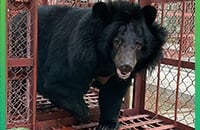 With heavy hearts we say goodbye to our beloved Tulip
With heavy hearts we say goodbye to our beloved Tulip
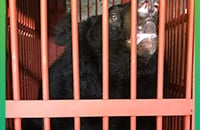 Three moon bears rescued from notorious bear bile farming hotspots in Vietnam
Three moon bears rescued from notorious bear bile farming hotspots in Vietnam